The criminalization of women’s healthcare in many USA states has created uncertainty about women’s access to evidence-based medical care and will affect the physical, mental, and emotional health and well-being of women. This article is intended to start a discussion on this complex topic in the immunology community.
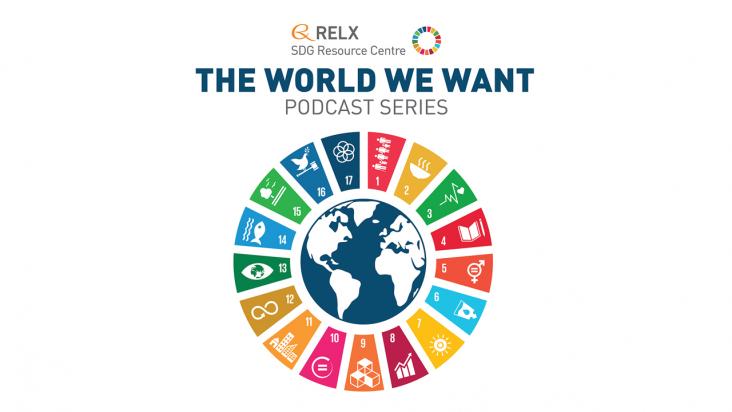
In this episode of the “World We Want” podcast series and in support of International Day for the Elimination of Violence against Women 2022, Joslyn Chaiprasert-Paguio, Senior Acquisitions Editor at Elsevier, talks to Alan Berkowitz and Lindsay Orchowski about the causes for violence against women and the potential solutions for society.
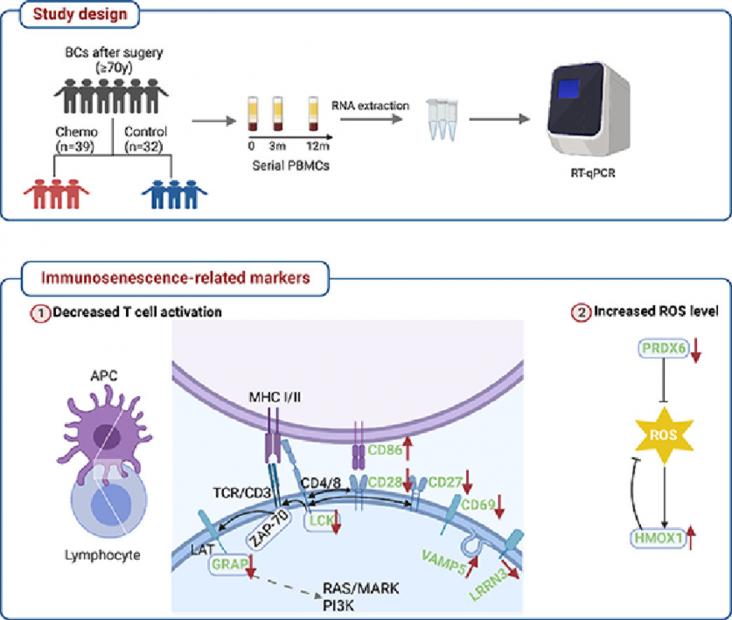
This Study supports SDGs 3, 5 and 10, investigating the impact of chemotherapy on the immune system of older women with breast cancer.
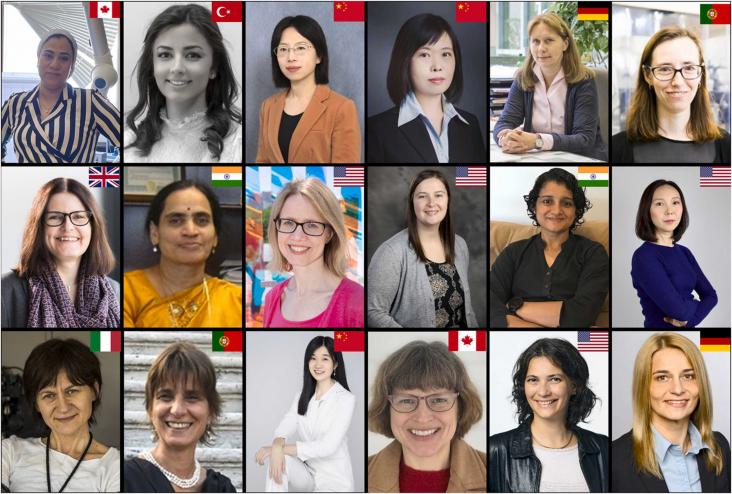
This Editorial highlights 17 contributions from outstanding women researchers in chemical engineering supporting SDG 5 (Gender equality) as well as SDG 9 (Industry, innovation and infrastructure).
This Article supports SDG 3 and 5 by demonstrating the need to better understand the roles that male partners play in encouraging or discouraging care-seeking behaviours during pregnancy and the postpartum period.
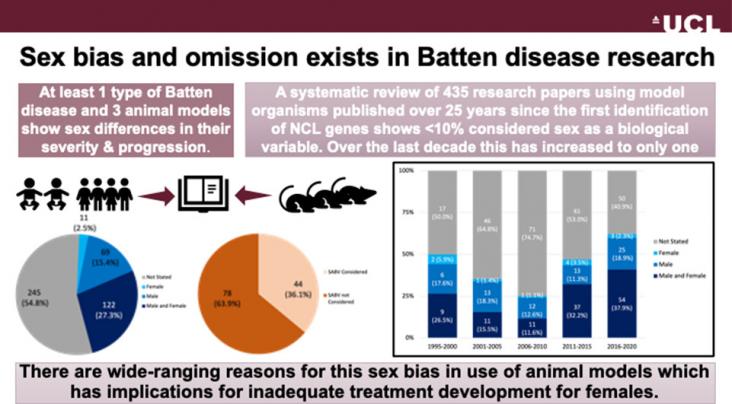
Batten Disease is a rare disease. This reviews highlights the existing sex bias and omissions in Batten Disease research.
What the world is witnessing these days is a country where older and younger people, men and women, Iranians from inside and outside the country, people with different ethnicities, are unified by a single purpose—FREEDOM.
This chapter advances goals 3 and 5 by covering the unique health issues and vulnerabilities of women.
This Article supports SDG 3 and 5 by highlighting a need for greater involvement of in-country authors on research examining a wider range of gendered COVID-19 impacts, as well as increased representation of diverse topics and publications related to COVID-19 and women's well-being focused on lower income countries.
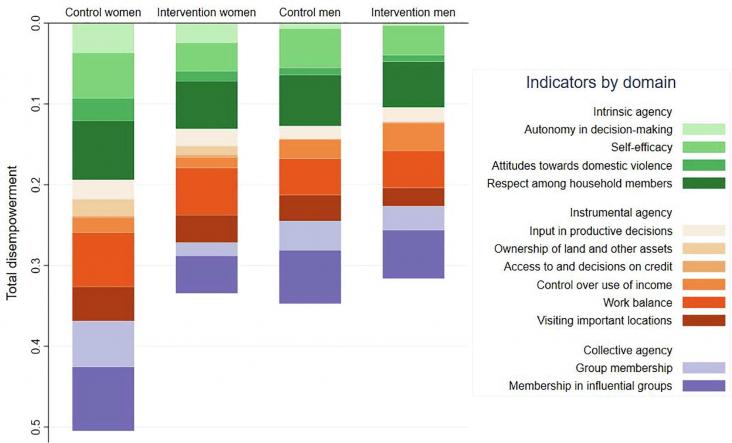
This Study supports SDG 5 and 3 by examining the role of improved women's agency on the pathway from the intervention to nutritional impacts.
